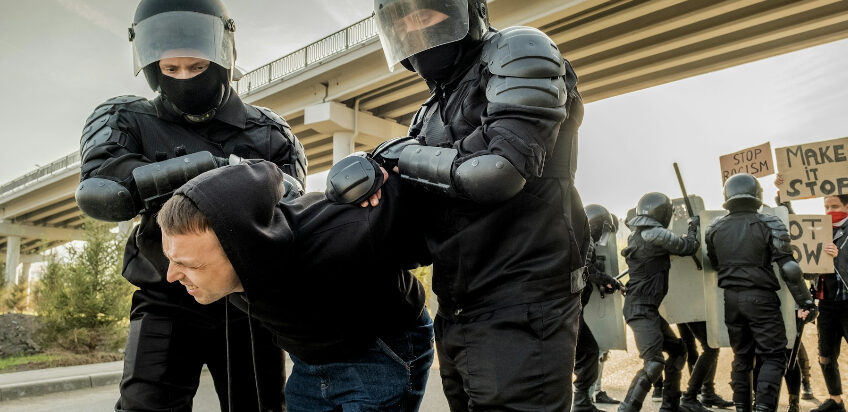The concept of a citizen’s arrest may seem like something out of a movie, but it is legally recognized in New Jersey under very specific and limited circumstances. While private individuals are allowed to detain someone committing a crime in certain situations, the law imposes strict boundaries to prevent misuse, false imprisonment, or escalation of violence. Understanding when and how a citizen’s arrest is permitted — and the risks involved — is essential for any New Jersey resident.
What Is a Citizen’s Arrest?
A citizen’s arrest occurs when a private individual, not a sworn law enforcement officer, detains someone believed to have committed a crime. This power is not granted by a single statute but is recognized under common law and addressed in part by N.J.S.A. 2A:169-3 and related court interpretations.
In New Jersey, the law allows a citizen to arrest another person only under very limited conditions:
- A crime must have actually occurred.
- The offense must be committed in the presence of the citizen, or they must have direct knowledge of the crime.
- The person making the arrest must act without unnecessary force and immediately contact law enforcement.
This legal authority is generally reserved for indictable offenses — crimes that are equivalent to felonies in other states — such as burglary, robbery, or assault. It is not intended for minor infractions like trespassing, loitering, or shoplifting unless they rise to a more serious level.
What the Law Prohibits
New Jersey courts have repeatedly emphasized that citizen’s arrests carry legal risk. Acting outside the law can lead to criminal charges such as assault, unlawful restraint, or impersonating a police officer. The use of excessive or deadly force is especially dangerous and rarely justified.
In particular, citizens may not:
- Detain someone based on a suspicion or rumor alone.
- Use deadly force unless faced with an immediate and unlawful threat to life.
- Pursue or chase a suspect beyond the point of the original incident without risking legal consequences.
- Detain someone for a non-criminal offense or civil violation (e.g., unpaid debts or trespassing on private property).
Use of Force: What Is Permitted?
Under New Jersey’s use-of-force laws, a private citizen may use only the amount of force necessary to detain a suspect or protect themselves. Any use of force must be proportional to the threat. For example, physically restraining someone during a theft may be allowed, but punching, choking, or using a weapon would likely be seen as excessive unless the individual poses a direct physical threat.
Shopkeeper’s Privilege
Retailers have a slightly different legal protection known as the shopkeeper’s privilege, which allows merchants to detain a person for a reasonable amount of time if they have probable cause to believe shoplifting has occurred. However, this too must be done in a non-violent, reasonable manner, and the authorities must be contacted right away.
Civil Liability Risks
Even if a citizen’s arrest is lawful under criminal law, the person making the arrest may still face civil lawsuits for false imprisonment, emotional distress, or injury. Courts evaluate whether the actions were reasonable, proportionate, and justified under the circumstances.
Conclusion
While New Jersey law permits citizen’s arrests under narrow conditions, this power must be exercised with extreme caution. Improper use can lead to criminal prosecution or civil liability. The safest and most legally sound course of action is to observe, report, and let trained law enforcement handle the situation. Understanding the boundaries of citizen’s arrest protects both the rights of the accused and the legal safety of those who intervene.
